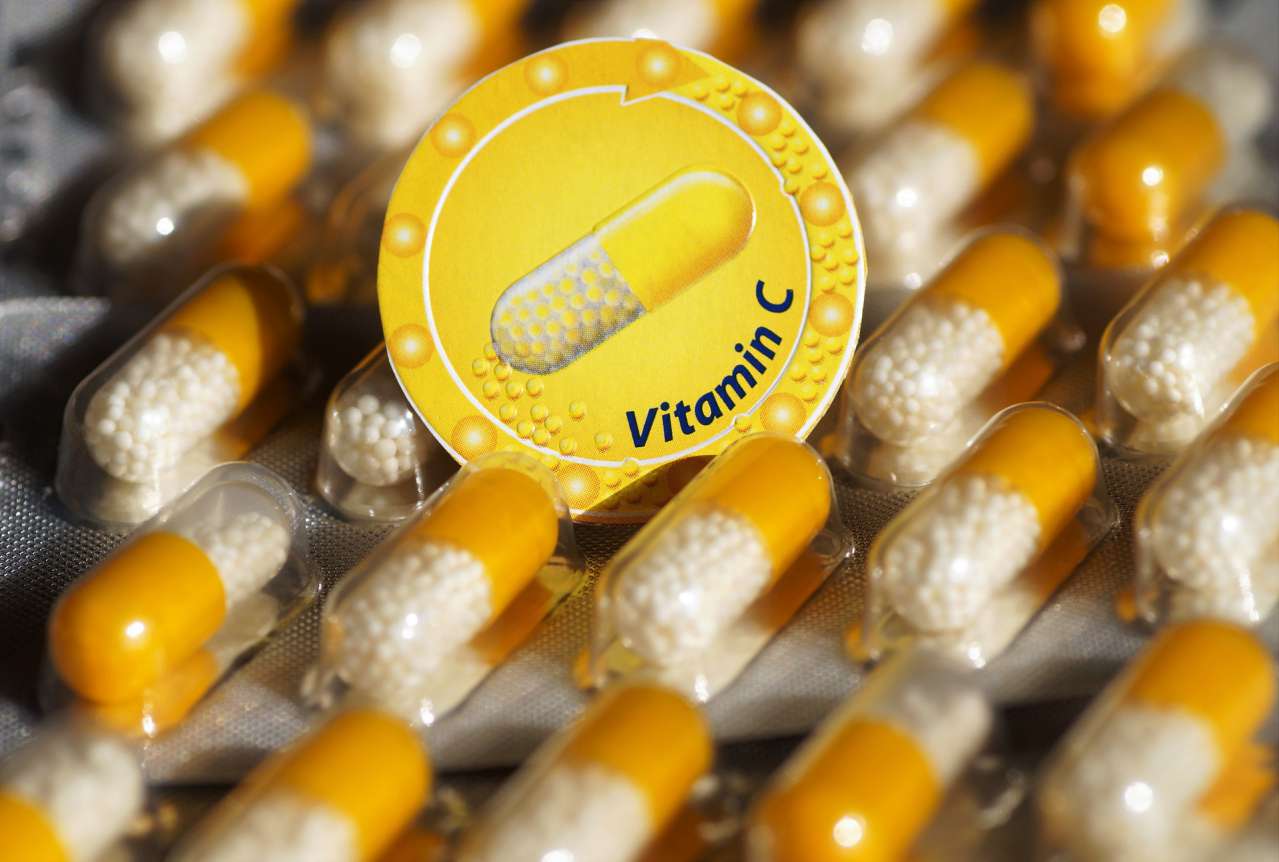A 2019 review published in the Journal of Sport and Health found that exercise can improve your immune response, reduce your risk of disease, and reduce inflammation.
How immunity affects human health
Immunity or immune system is a system of the body that protects it from all foreign substances from the outside (viruses, bacteria, fungi, etc.) and controls the destruction of failed or obsolete own cells (for example, it is immunity that protects us from tumor formations).
How emotions affect human immunity
Emotions can also affect the functioning of the immune system.
Some research suggests that long-term stress and negative emotions can weaken the immune system and make the body more vulnerable to infections and other diseases.
When a person is in a good mood, his nervous system produces many substances that stimulate and normalize the functioning of organs.

In addition, vice versa, sad, decreased immunity and other body functions.
During stress, leukocytes from the blood move to the skin as an area of possible damage, thereby increasing skin immunity; as well as into the mucous membranes of the gastrointestinal tract, liver and lymph nodes.
Nevertheless, at the same time, their concentration in the bloodstream and spleen decreases, which weakens overall immunity.
What really boosts immunity
Foods that increase immunity: pumpkin, carrots, beets, tomatoes, garlic, onions, zucchini, greens; dairy products; citrus fruits, kiwi, strawberry, peach, apple; olive oil; pine nuts; fish, seaweed; beekeeping derivatives.













